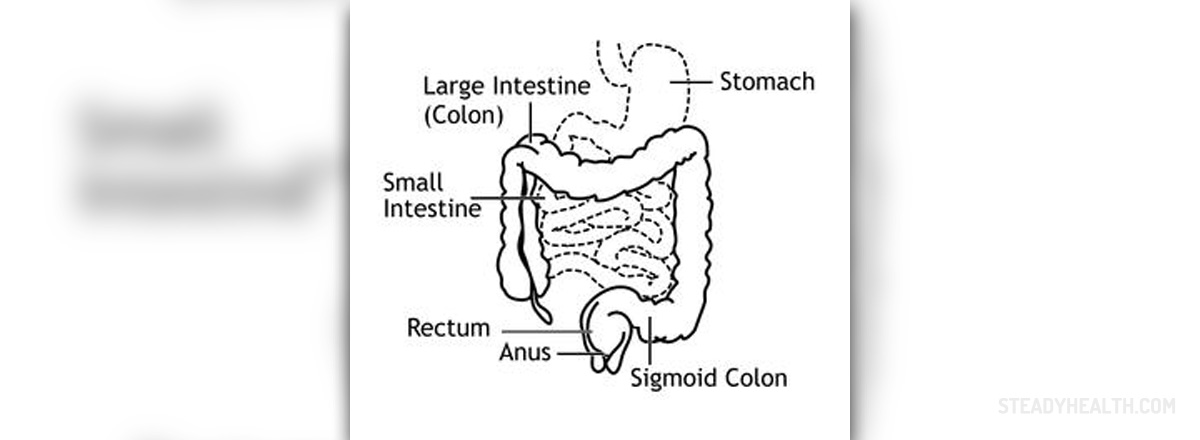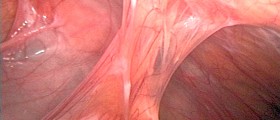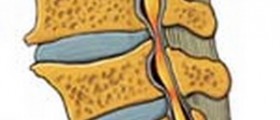
A bowel obstruction is a condition in which the small or large intestine becomes completely or partly blocked. Any blockage in these vital internal organs can become life-threatening, causing many symptoms before that point is reached, as the intestines are responsible for moving food, fluids, and gas through your body and a blockage prevents these processes from continuing normally.
Bowel obstruction: What are the causes?
There are numerous different factors which may cause a bowel obstruction.
Mechanical obstructions of the bowel include a narrowing of the intestines, twisting of the intestines, scar tissue formation, and tumors. If the obstruction occurs in the small intestine, it is commonly triggered by scar tissue.
Narrowing or twisting of the intestines is usually caused by Crohn’s disease or hernia.
Tumors in the intestines are caused by cancer, or sometimes non-cancerous growths.
Sometimes a bowel obstruction occurs like a telescope camera, when the parts of the intestine fold one into another. This medical condition is referred to as intussusception. When the obstruction occurs in the large intestine, it is commonly triggered by cancer.
Other possible causes of obstruction in the large intestine include severe constipation triggered by a hard mass of stool and narrowing or twisting of the intestines. These occurrences are usually triggered by medical conditions such as inflammatory bowel disease and diverticulitis.
Symptoms of a bowel obstruction
There are certain symptoms of bowel obstruction which are the easiest way to recognize this medical condition. The most common symptoms of a blockage in the intestines include abdominal bloating, vomiting, reoccurring belly pain and cramping, diarrhea when the blockage is partial, and a lack of gas or constipation when the blockage is complete. These symptoms are directly caused by the fact that stool cannot move out of the body.
If a person suffers from constant and severe belly pain, it may indicate a cut off of blood supply or a hole in the intestine, so immediate medical condition needs to be sought. The importance of immediate medical attention cannot be overstated; a complete bowel obstruction can become fatal.
The doctor usually checks the belly for bloating and tenderness. Some cases may require an abdominal x-ray in order to locate the blockage properly. There are also certain cases which may need to involve a CT scan of the belly. This type of scan is done in order to determine whether the blockage is complete or partial.
Treatment for bowel obstruction
Most cases of bowel obstruction need to be treated in the hospital. In some cases, the doctors place a tube called a nasogastric tube, which goes through the nose all the way down to the stomach. The tube is placed in order to remove gas and fluids and also to relieve pressure and pain. Certain medications may also be used in order to relieve nausea and pain. Partial blockage may be treated with enema or stents. The last option for the treatment is surgery, which can either remove the blockage, or in extremely cases when necessary, a portion of the intestine. In the worst cases, even the entire inestine has to be removed.

















Your thoughts on this
Loading...